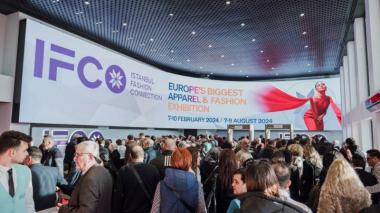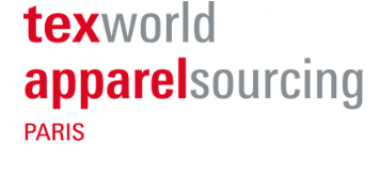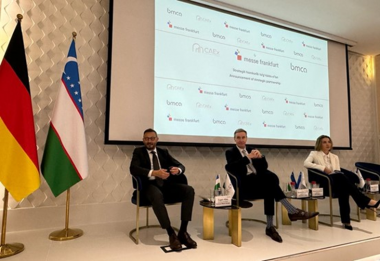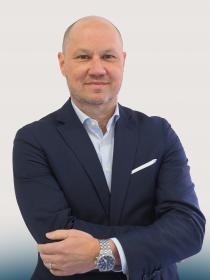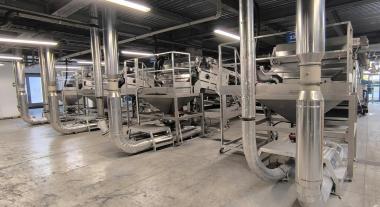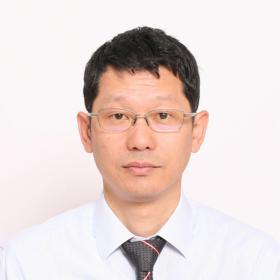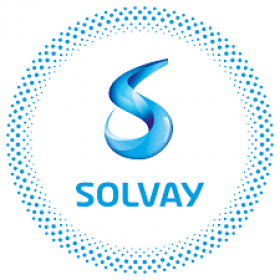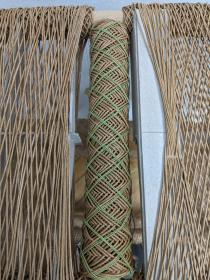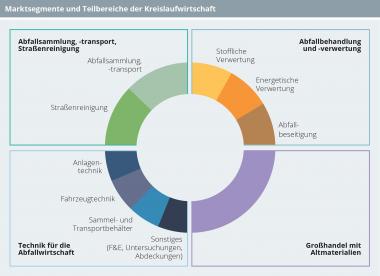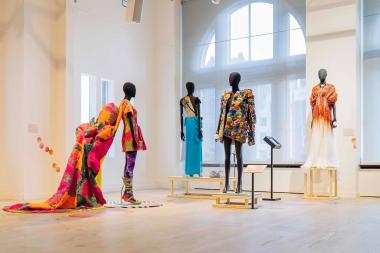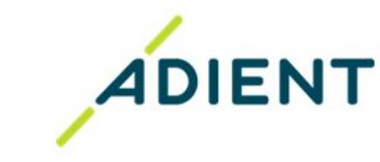5. Edition of Istanbul Fashion Connection with record visitor number
The fifth edition of IFCO Istanbul Fashion Connection took place from 7 to 10 February 2024 with a record 38,545 visitors. At IFCO, 545 exhibitors met international trade visitors from 159 countries such as Australia, Canada, Colombia, France, Germany, Kenya, Malaysia, Mexico, Nigeria, Philippines, Saudi Arabia, South Africa, South Korea, Spain, Thailand, UK, USA, United Arab Emirates in a total of 8 halls at the Istanbul Expo Centre. The largest group of foreign visitors came from the Middle East (33.4%), Europe (24%), Asia (23.3%) and North Africa (13.3%). A total of 6% of visitors came from the USA, South America, Australia and Africa.
Divided into clear exhibition areas on a total of 100,000 square metres of exhibition space, brands and manufacturers presented the latest collections from the areas of womenswear, menswear, kidswear, denim, sportswear, evening and wedding wear, lingerie, hosiery, leather and furs.
The next IFCO is planned for 7-9 August 2024.
Jandali


